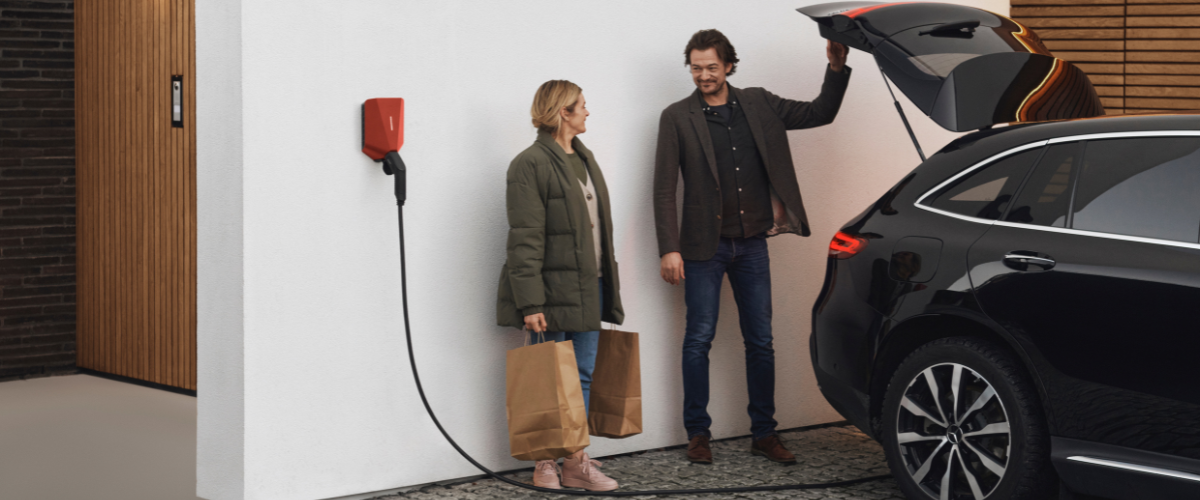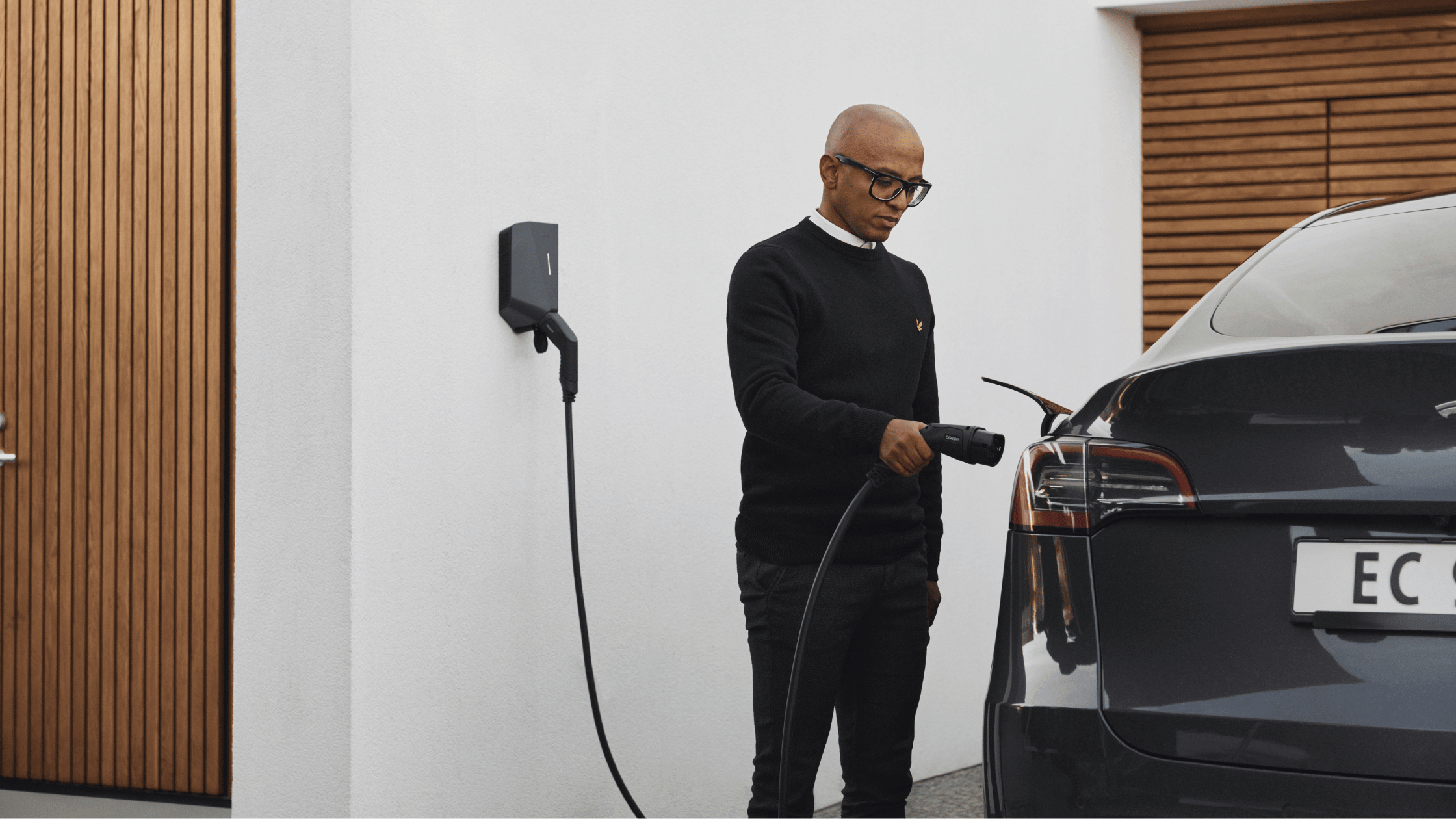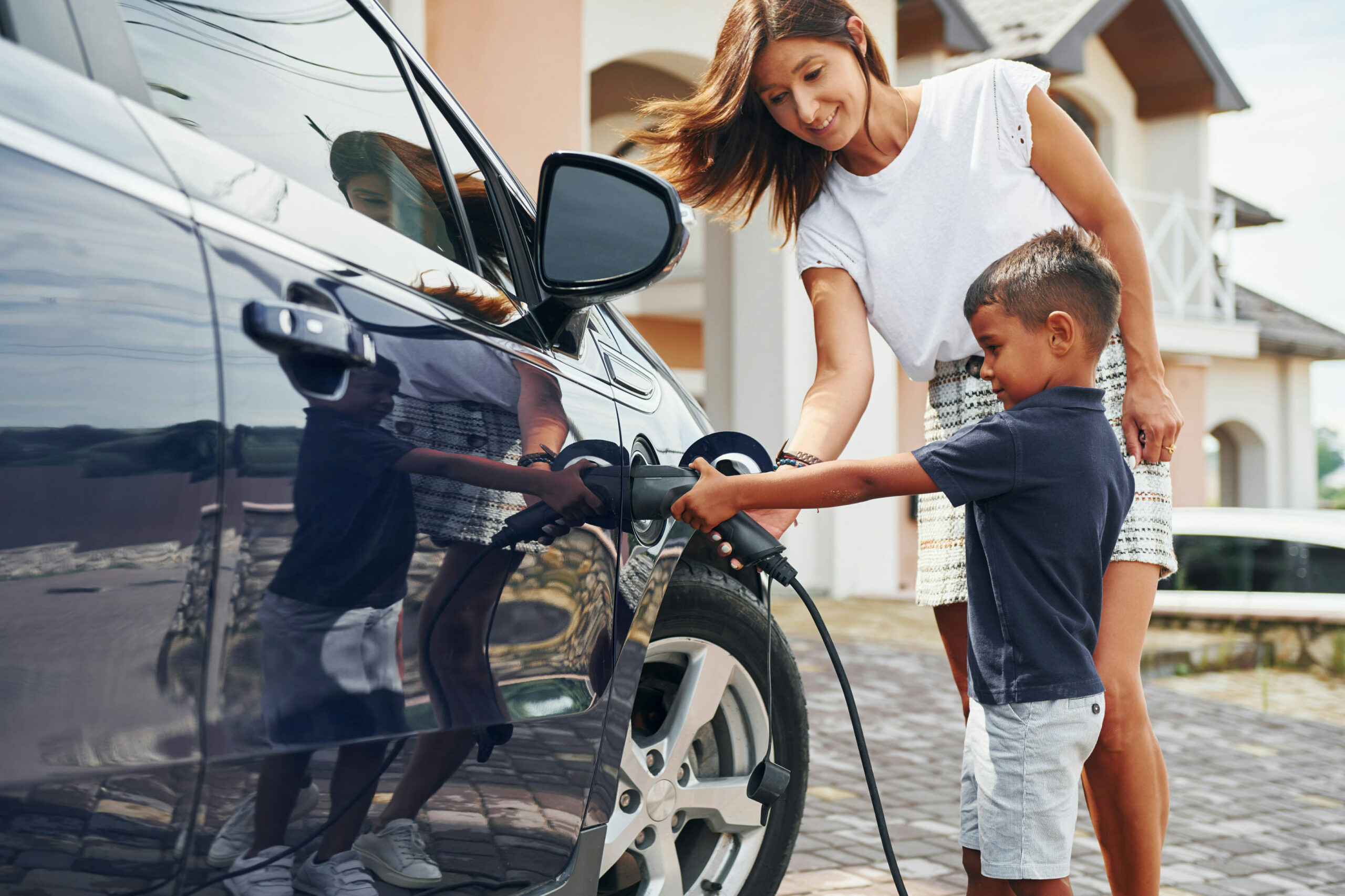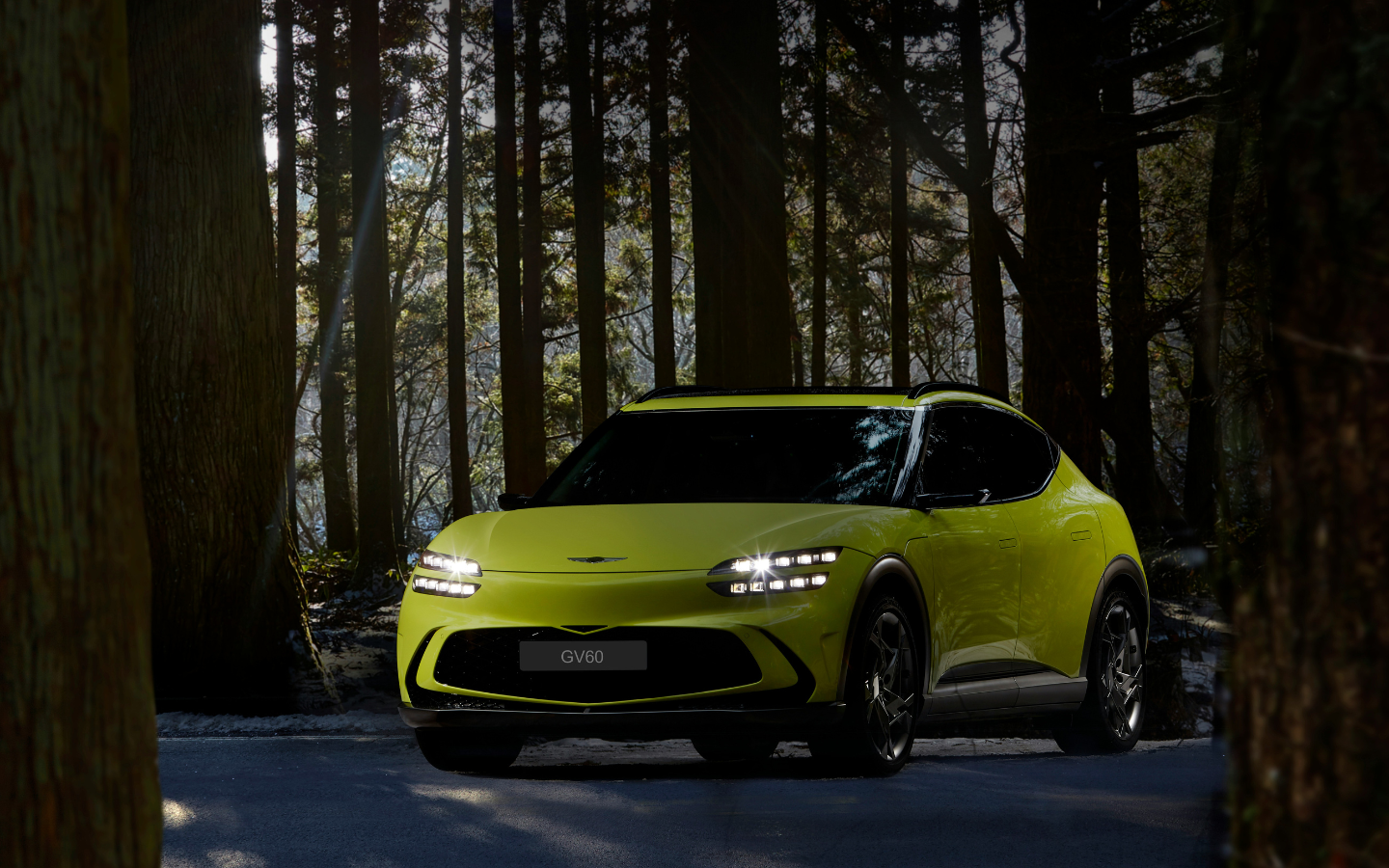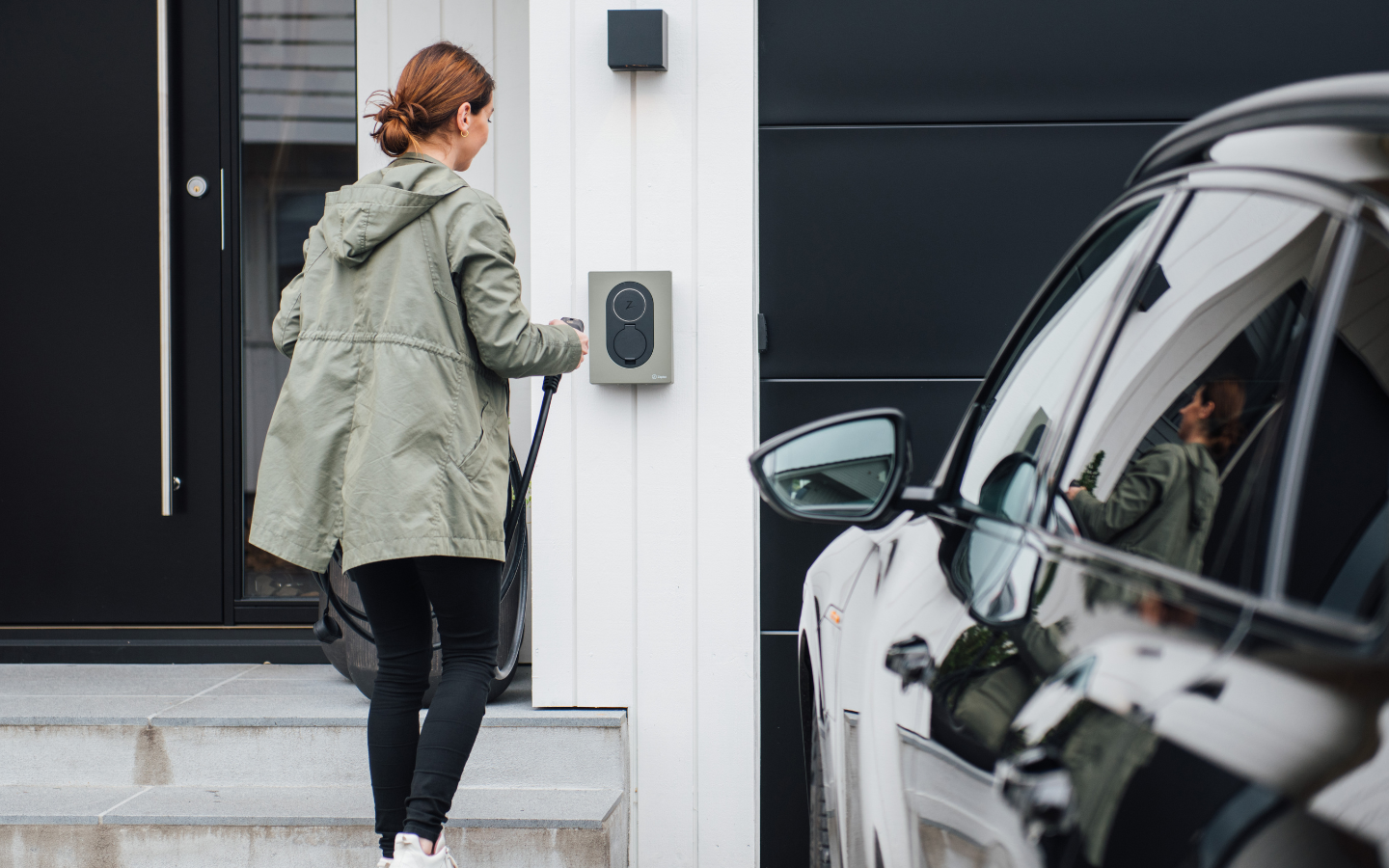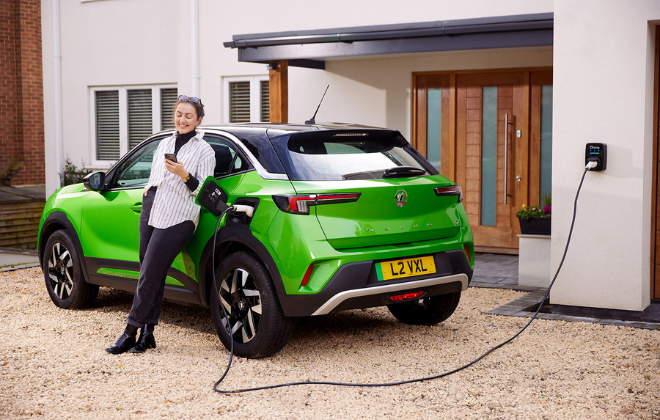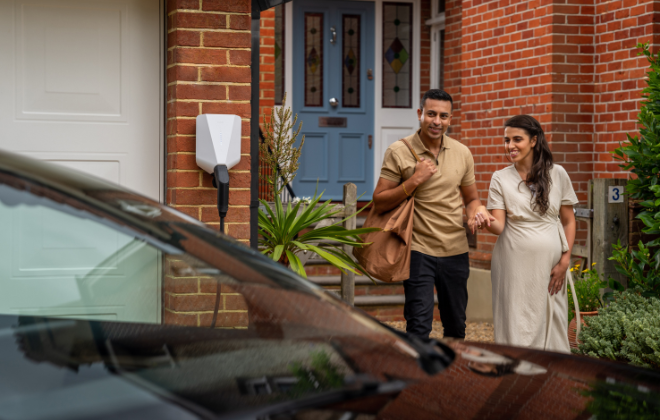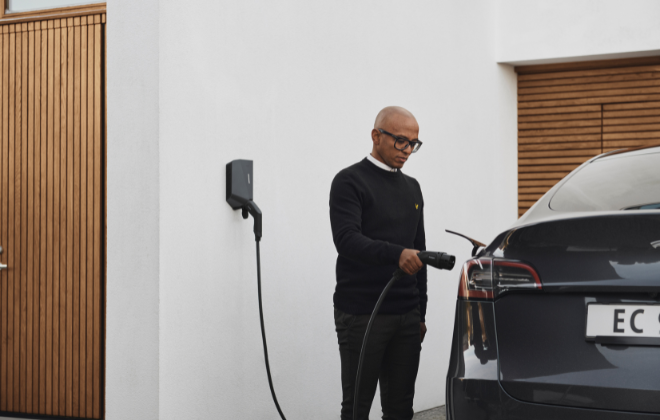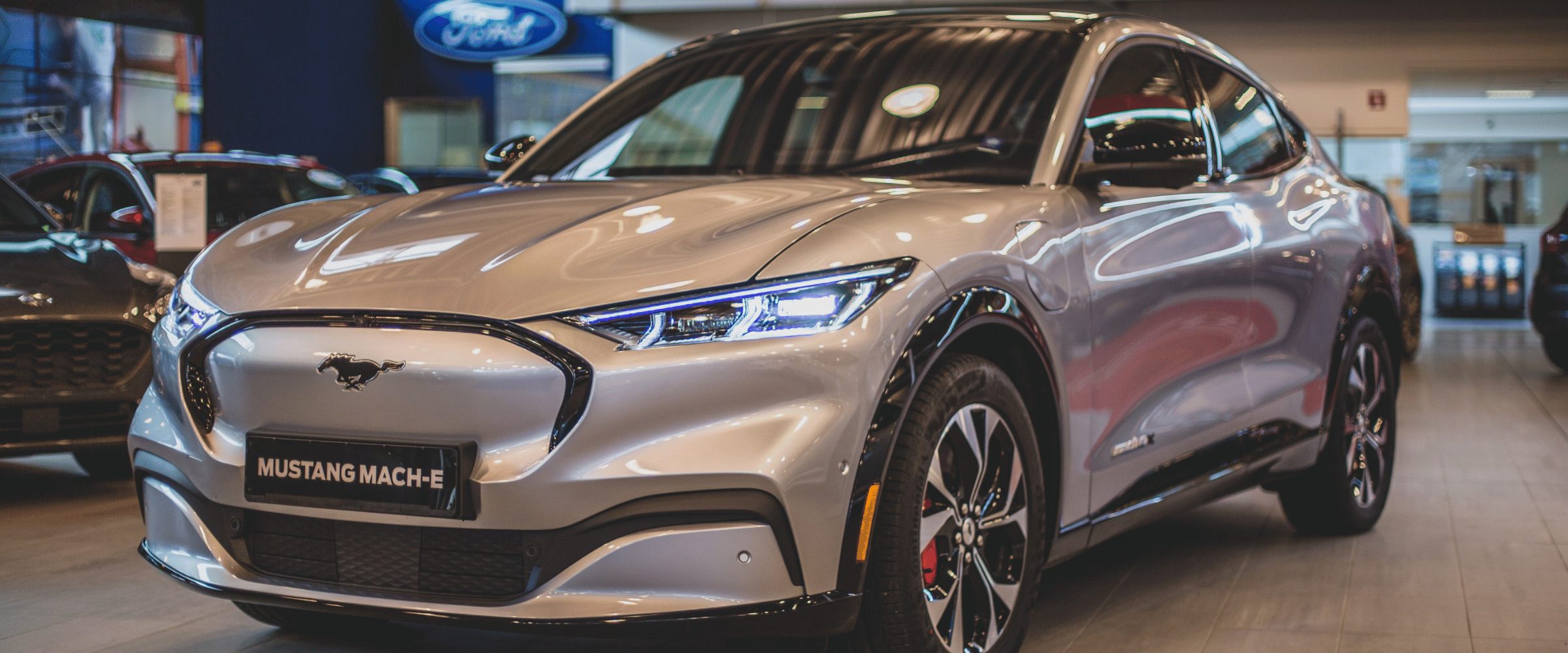

Can an electric car tow a caravan?
Can an electric car tow a caravan?
With over 1,000,000 fully electric cars on UK roads – and counting – it comes as no shock that people are asking – can an electric car tow a caravan?
If that’s you, you’ve come to the right place. In this blog, we’ll explore why not all electric cars can tow caravans, take you through the EVs that can and let you know how to check if your electric vehicle can tow.
Can an electric car tow a caravan?
On the surface, yes, electric cars can tow caravans, and technically, many are probably capable of doing so. However, it depends on the EV model type and whether you are legally allowed to. Why? Because unfortunately, only a handful of electric vehicles have been typed-approved to tow.
But what is type approval, and why does it affect EVs and caravans?
With the introduction of any new vehicle, including electric ones, they have to be rigorously tried and tested by the government before they can be approved for road usage and go to market. This vehicle approval process is called homologation, and EV manufacturers can put forward their new model for towing approval as part of this procedure.
Unfortunately, many electric vehicle manufacturers have opted not to put forward their EVs to be tested for towing approval, which is why the number of legally approved EVs for towing is limited.
Why are electric cars not suited for towing?
The short answer is that electric cars are not designed and engineered with towing in mind.
For example, you’d think that with technologically advanced regenerative braking, EVs would be more than capable of towing, but that’s not the case. In fact, the heavy load of a caravan to an already heavy-bodied car (EV battery packs weigh on average 1000 pounds, making them comparatively heavier than petrol and diesel cars) will not equal a smooth ride. The additional weight could add more strain on the brakes and, in worst-case scenarios, could cause mechanical issues.
Not only are brakes at risk from the added weight but your EV range will be significantly reduced. And so the more weight in your caravan, the more your range will be decreased even further.
It’s thought that the reason why so many EV manufacturers haven’t put their models forward for homologation could be because of range anxiety. If the ranges are diminished with towing, manufacturers may not be keen to support the stigma.
How do I know if my electric car can tow?
Firstly, you should check your car manual. If towing capacity is mentioned (the maximum weight you can legally tow), you should be safe to tow. On the other hand, if limits and towing, in general, are not mentioned, it’s highly unlikely that your EV will be able to tow. You can contact your EV manufacturer if you want to be certain.
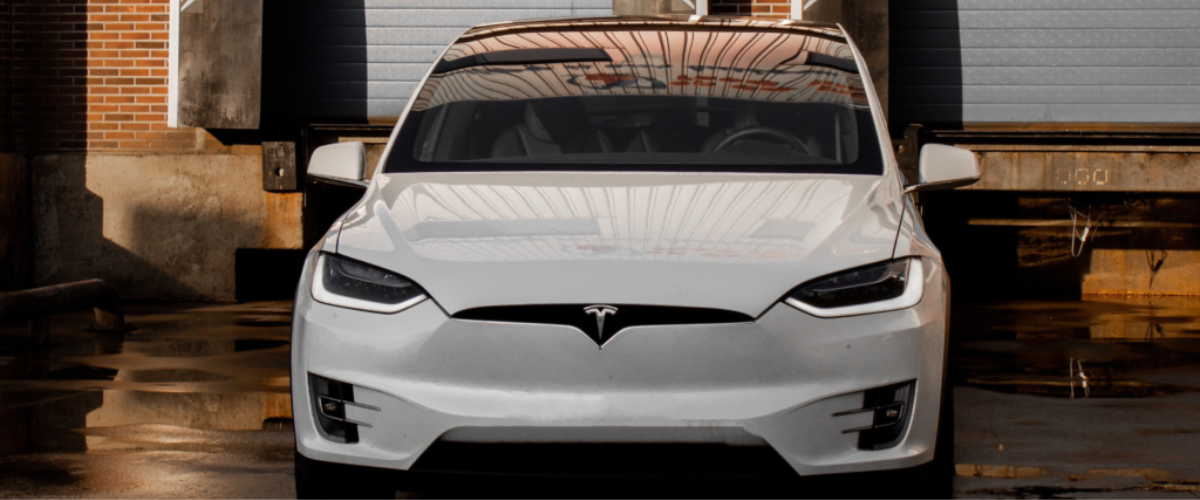
Which electric cars can tow a caravan?
Some EVs from popular manufacturers can tow a trailer, including Tesla, Polestar and Jaguar. However, it varies depending on the model.
Below are some of the best type-approved electric cars that can tow a caravan – with the biggest towing capacities:
- BMW iX – 2,500 kg
- Tesla Model X – 2,300 kg
- Audi e-tron – 1,800 kg
- Mercedes EQC – 1,800 kg
- Hyundai Ioniq 5 – 1,600 kg
- Polestar 2 – 1,500 kg
The Tesla Model X was the first EV capable of towing; however, recently, the Tesla Model 3 and Model Y have been opened up to towing, with the 3 obtaining a towing capacity of 1,000kg and the Y having a towing capacity of 1,600kg. The advantage of using a Tesla for towing is that they come with a Tow Package and Trailer Mode, which can help aid in a smoother and safer journey.
What hybrid cars can tow a caravan?
If towing is essential for you, it might be worthwhile considering a hybrid instead of a fully electric vehicle. A plug-in hybrid is a great alternative as it contains an electric motor and an internal combustion motor, meaning you don’t have to stress too much about decreased range or straining your electrics. What’s more, while it depends on the model, hybrids can offer a higher towing capacity.
Below is a list of hybrid cars with higher-end towing capacity:
- Porsche Cayenne e-Hybrid – 3,500 kg
- Range Rover Sport P400e HSE Dynamic – 2,500 kg
- Volvo XC60 Twin Engine/Recharge – 2,100 kg
- Lexus RX450h – 2, 000 kg
- Volvo XC90 T8 – 2,100 kg
- Mitsubishi Outlander PHEV – 1,500 kg
How far can an electric car tow a caravan?
On average, an EV will offer somewhere between 100 miles to 300 miles of range. However, you can expect that range to significantly decrease when towing a caravan, trailer or horsebox.
While the numbers aren’t conclusive, how far your EV car can tow a caravan depends on your usual range, in addition to the weight of the caravan that you’re towing.
One thing for certain is that you will need to watch your battery charge when towing. To ensure a range anxiety-free trip, it’s best practice to follow our tips, such as checking tyre pressure frequently and avoiding harsh breaking, so you can preserve as much range as you can.
Additionally, when it comes down to the decreased range, it would be wise to plan your journey ahead of time and pre-plan your EV charging stops with Zap-Map. Moreover, as you will likely be re-charging more often with the additional weight dragging you down, you might want to use a higher charging rate than your standard 7kW fast chargers, such as a 22kW or 50kW rapid charging point, so you can charge quicker. But be careful – we do not recommend using rapid chargers regularly as they can degrade your battery quicker.
Is it worth purchasing an electric car solely for its towing capabilities?
Unfortunately, if you want an electric vehicle that is capable of towing, it’s going to set you back more than a standard electric vehicle, and you may be missing out on other benefits of EV driving if you do so.
The positive is with the constant industry improvements and technological developments, it’s highly likely that fully electric vehicles will become more adept at towing as time goes on, and in turn, more options and price points will become available.
In fact, there has already been the introduction of fully electric caravans, so who says you need to be able to tow a caravan with an EV when you could invest in an electric caravan?
Ultimately, it’s a personal choice as to whether you should purchase an electric vehicle that can tow purely for its towing, but in our honest opinion, you may be better off with a hybrid.
Can you tow an electric car?
Of course, you can tow an electric vehicle; whether you’ve got a flat tyre or other mechanical problems, you can be towed to safety, just like a petrol/diesel car.
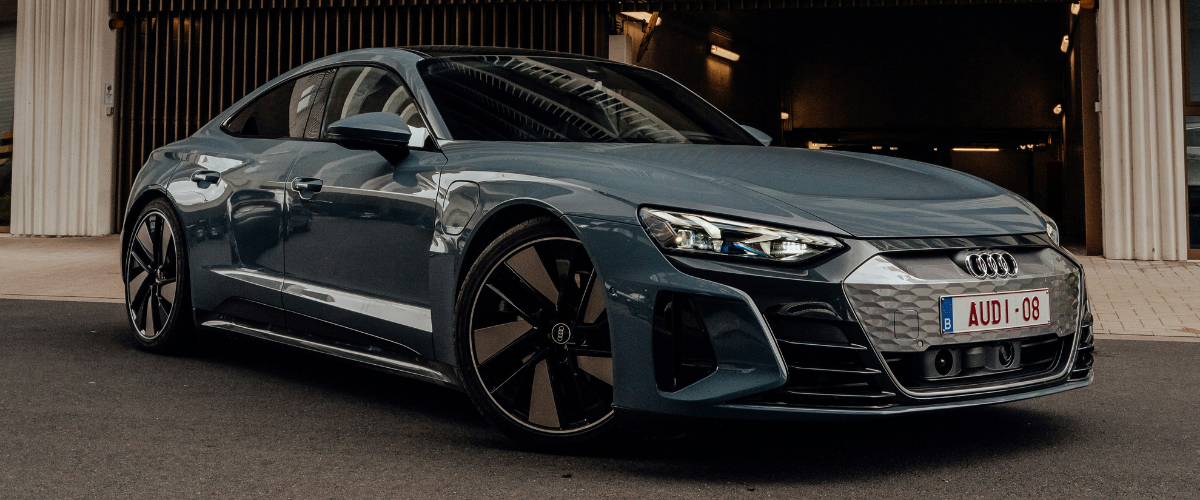
Do you have an electric car and want to take advantage of cheaper and more convenient EV charging sessions?
From the convenience of charging your electric vehicle in the comfort of your own home to the potential cost savings compared to public charging stations, the advantages of home EV chargers are not far and few between.
While the installation process may seem daunting, we make every step simple. We handle everything from DNO approval to grant paperwork to ensure a smooth, easy home EV charger installation.
If you are looking to get an EV charger installed at your home, click below to get your free quote, or contact us for more information or any queries you may have.
For more information and our latest updates, follow us on Facebook, Instagram, Twitter, LinkedIn and YouTube.
Related articles_
Stay up to date on the latest from We Power Your Car_
I consent to receive newsletters from We Power Your Car. Please see our Privacy Policy
